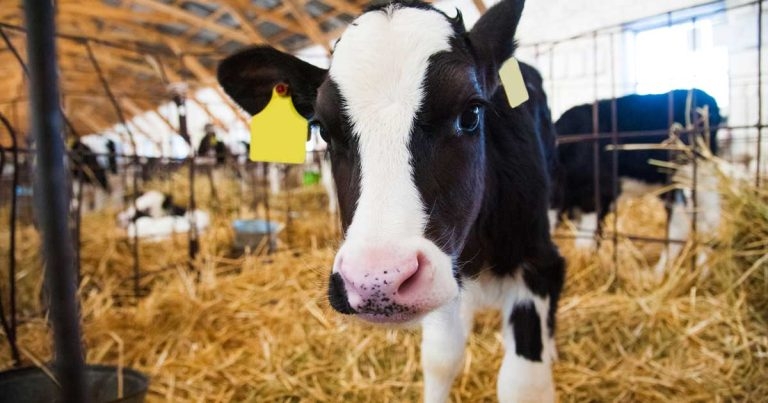11 Nov 2025
Senior vet also outlines impact of bluetongue in his area as he urged farmers to prioritise vaccination, regardless of whether their animals have already received the jab.

Image © SGr / Adobe Stock
Vets and farmers have been warned it is “more important than ever to be prepared” for the threat of bluetongue amid fresh political and clinical appeals for vaccination.
The message was delivered by a senior Welsh Government minister ahead of the implementation of new nationwide rules relating to the virus.
A senior vet has also outlined the impact of bluetongue in his area as he urged farmers to prioritise vaccination, whether their animals have already received the jab or not.
As of 1 November, 141 bluetongue cases had been confirmed in England since the start of the current season, plus 13 in Wales.
Most recorded cases, including all the incidents in Wales, have been of the BTV-3 form of the virus, though one was found to have the BTV-8 strain and four had both BTV-3 and BTV-8.
While a nationwide restricted zone (RZ) has been in force for England since the start of July, premises restrictions and local temporary control zones (TCZs) have been imposed after cases in Wales so far, along with the culling of infected animals. However, a new RZ, covering the whole of Wales, came into force this week, enabling both the TCZs to be lifted and free movement of livestock between Wales and England.
In a written statement announcing the changes, deputy first minister Huw Irranca-Davies said the virus was known to be circulating in the Monmouthshire area and called for continuing “cooperation and collaboration” to help minimise its impact.
He added: “Vaccination remains the best way to protect livestock and livelihoods from the worst impacts of this disease. Our new approach to bluetongue means it is more important than ever to be prepared for the impacts of the disease.
“With the full support of industry, I strongly encourage animal keepers to discuss bluetongue vaccination of their herds and flocks with their vets – particularly before the next active transmission period for the disease in spring 2026.”
The importance of vaccination has also been highlighted by farm vets in East Anglia, which has faced the threat of bluetongue since BTV-3 cases were first detected there in December 2023.
Laura Stephen, clinical director of the Isle Vet Group in Cambridgeshire, said: “Most diseases can be controlled by some form of biosecurity arrangements such as livestock movement, but that’s not the case with a vector-borne disease like bluetongue. So, vaccination is absolutely critical.”
Will Stevenson, clinical director of Three Rivers and Chapelfield Farm Vets in Suffolk, said his team is encouraging farmers to treat vaccination as a priority, regardless of whether their herds and flocks were having first or booster doses, following their experiences earlier this year.
He said: “At the start of 2025, we had several months where at least one farmer every day was contacting us worried about having cases. Because it hit here first, we were battling it when other areas hadn’t really noticed it yet.
“On the beef side, we heard from farmers losing one-third of their calves. That’s obviously ruinous financially, but many were scarred and upset by the emotional toll of seeing their animals so badly affected.”
The IVC Evidensia-owned practice estimates it has already administered more than 45,000 vaccine doses, out of around 400,000 provided across its network.